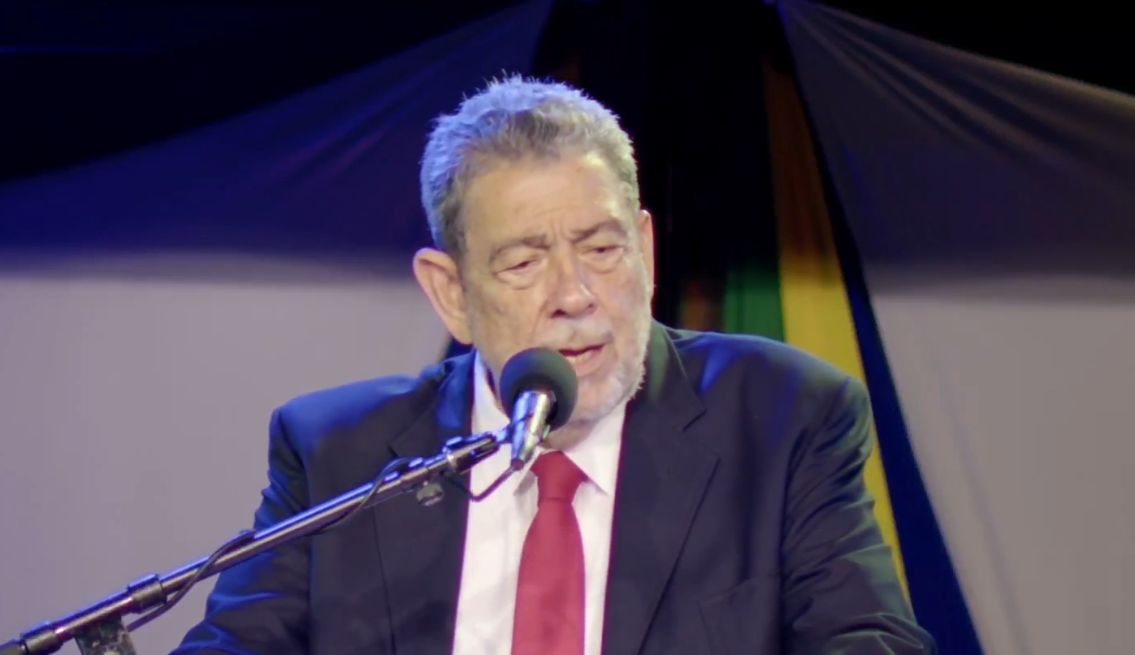St. Vincent and the Grenadines Prime Minister Ralph Gonsalves has highlighted an extraordinary strain on Caricom’s diplomatic order, marking what he describes as an unprecedented moment in regional relations.
“In my 46 years of electoral politics, I have never seen anything like this in Caricom,” Gonsalves emphatically stated, while simultaneously affirming his commitment to maintaining mature governmental relations. Despite the mounting tensions, he emphasized that his administration remains dedicated to preserving orderly regional interactions.
The current diplomatic crisis centers on allegations surrounding Victoria Keyes transactions, which have exposed significant fissures in inter-governmental communication. Barbados’ Ambassador to Caricom, David Comissiong, provided critical insight into the situation, highlighting the importance of established diplomatic protocols.
“Caricom is a well-structured organization,” Comissiong explained. “When these carefully maintained structures are bypassed, it creates miscommunication and confusion.”
Political scientist Peter Wickham characterized the situation as the most serious challenge to Caricom’s diplomatic norms since the West Indies Federation. He described the current discourse as “mud-throwing” rather than substantive policy scrutiny, warning of potential long-term implications for regional cooperation.
Gonsalves vehemently rejected allegations of impropriety, stating that his family’s transactions with Trinidad’s state housing agency were conducted at arm’s length and without special treatment. “Let the record show: I never contacted anybody in the government of Trinidad and Tobago about this matter,” he asserted.
The dispute occurs against the backdrop of Caricom’s Zone of Peace designation, supported by 13 member states. Trinidad and Tobago has argued that domestic criminal activity undermines this designation, a claim Gonsalves dismisses as overly broad.



